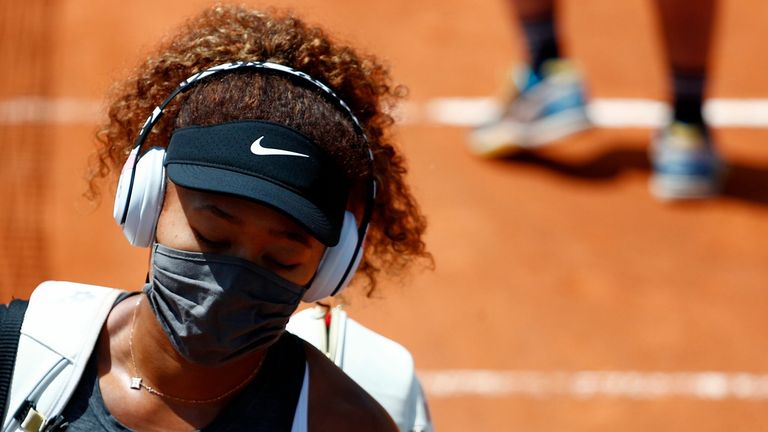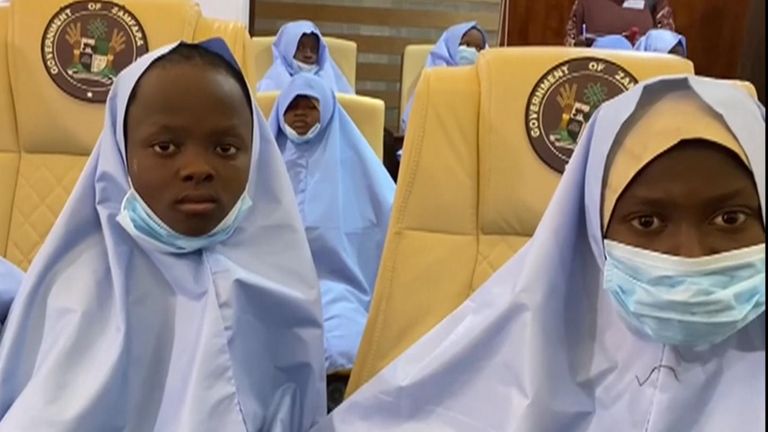Osaka cited mental health reasons, saying she has suffered from long bouts of depression since the US Open in 2018
Tennis star Naomi Osaka has pulled out of the French Open after being threatened with expulsion if she continued a media boycott.
The world number two was told by organizers that she would be thrown out if she kept avoiding journalists, after being fined $15,000 (£10,500) for skipping two news conferences following her first-round victory on Sunday.
Osaka, a four-time Grand Slam singles champion, has now withdrawn – adding that she would “take some time away from the court” due to mental health concerns.
In a statement posted on Twitter, she said she was “already feeling vulnerable and anxious” ahead of the tournament and was withdrawing “so that everyone can get back to focusing on the tennis”.
Her decision not to speak to the media had become the biggest talking point of the competition after the grand slams released a joint statement threatening to disqualify her and ban her from future tournaments.
The Japanese player said she had suffered from long bouts of depression since her first Grand Slam win at the US Open in 2018, and also struggled with anxiety.
“Anyone that knows me knows I’m introverted, and anyone that has seen me at the tournaments will notice that I’m often wearing headphones as that helps dull my social anxiety,” she said.
“Though the tennis press has always been kind to me (and I wanna apologies especially to all the cool journalists who I may have hurt), I am not a natural public speaker and get huge waves of anxiety before I speak to the world’s media.”
Osaka posted on Twitter just days ago to say she would not be speaking to the press during the French Open, saying she was “not going to subject myself to people that doubt me”.
But following the strong reaction from tournament organizers, she admitted in her latest post her “timing was not ideal” and the “message could have been clearer”.
She said she had not “imagined” or “intended” to pull out of the tournament initially and had written privately to the organizers at the time to apologies.
The 23-year-old signaled she wanted aspects of the competition to change, calling the rules “quite outdated in parts”.
“I’m gonna take some time away from the court now, but when the time is right I really want to work with the Tour to discuss ways we can make things better for the players, press and fans,” she said.








